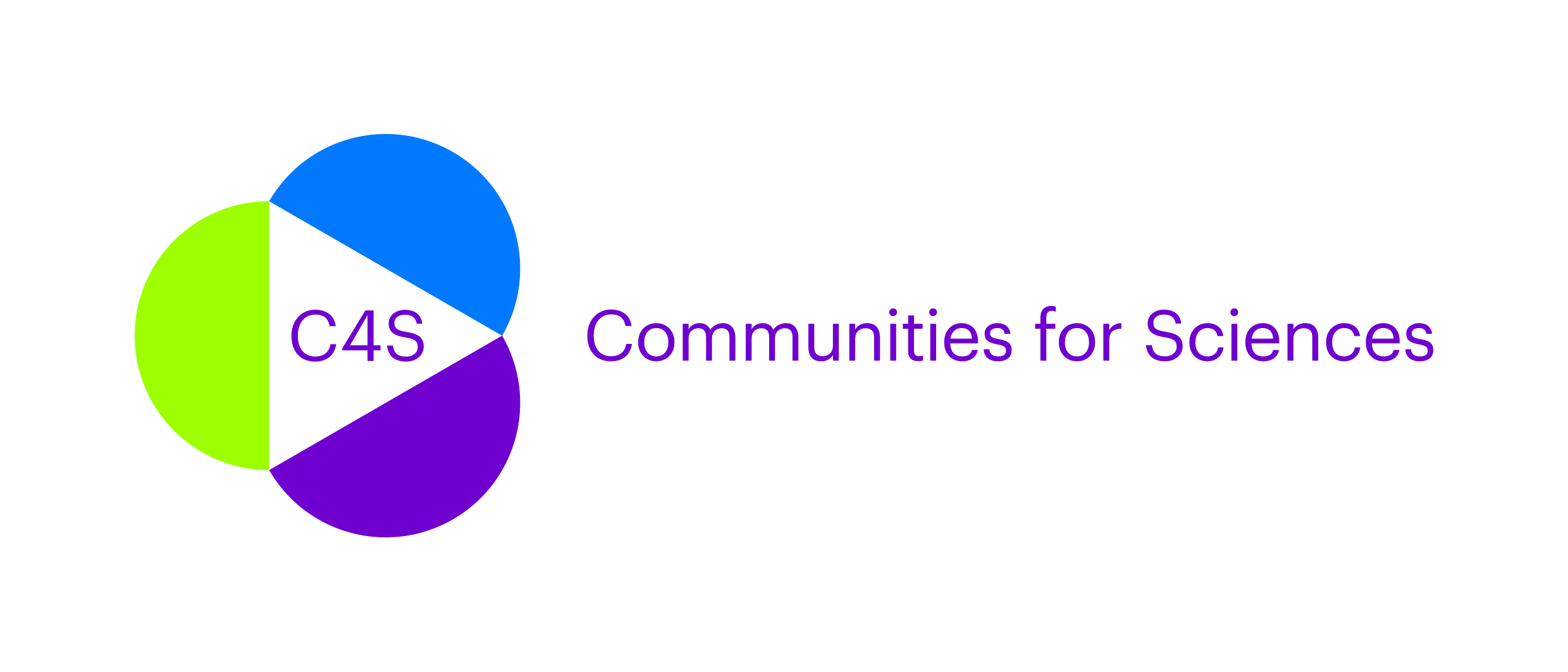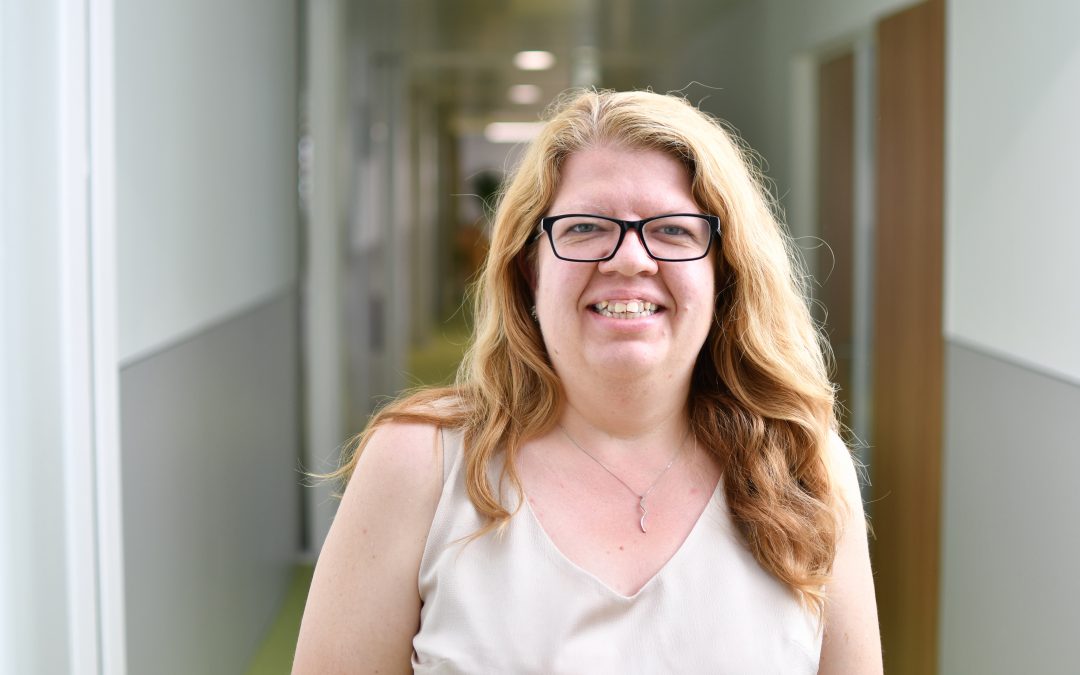Since last June, Lyudmyla Kokorina is part of the “Communities for Sciences – Towards promoting an inclusive approach in science education” (C4S) project as a research assistant through the European Commission’s Horizon for Ukraine programme. Lyudmyla has a PhD in “General Pedagogy and History of Pedagogy” and worked in Horlivka Institute for Foreign Languages of State Higher Educational Institution Donbas State Pedagogical University since 2007.
How and why were you incorporated in the “Communities for Sciences – Towards promoting an inclusive approach in science education” (C4S) project?
I wish I knew the exact answer. Probably, it’s just the very moment when everything centred and focused on the project and me forming a part of it. The situation in Ukraine forced me to leave home for the second time and go abroad searching for safety. And thus, become one of the millions of Ukrainian job-seekers. Later, the project coordinators read my CV, appointed an interview, and made their decision. And now I’m being interviewed as a new member of the C4S team. I think that my professional competencies and work experience can add to the project and bring a view from a new perspective. All C4S members have proved to be a great team in creating, supporting, and promoting tools for successful Inclusive Science education at all social levels.
Did you know about the C4S project before?
Frankly speaking, I didn’t know about the project before. But now I’m glad to be a part of it since I had some experience with non-discrimination education and inclusiveness. Together with the students, we practised research tools on the social attitude towards inclusion in Ukrainian schools.
What do you do as a research assistant at C4S? Is it like what you did in your country?
The tasks are rather different but very interesting. First, I had to learn some more about the idea and details of the project by studying articles and opinion essays about the research area. And then I naturally joined the observations and further activities of data collecting and processing. Considering my work in Ukraine I was more involved in the daily routine of institutional administrating and teaching classes. And my research area was mainly from the perspective of foreign language teaching and comparative pedagogy.
You are an expert in Pedagogy. How do you think we can contribute to the improvement of educational inclusion processes in the classroom?
I never considered myself to be an expert, but what I believe is that a person should never cease doing good things. Therefore, the best way to contribute to enhancing inclusive education is to continue rolling out inclusive education at all stages of education and involving more people in its implementation. Luckily, I had the possibility to observe inclusive science education “in action”. Now I’m sure that it really functions because when a teacher inspires his/her pupils, they strive for knowledge and discoveries. Just like in my favourite quote from William Arthur Ward: “The mediocre teacher tells. The good teacher explains. The superior teacher demonstrates. The great teacher inspires.”

